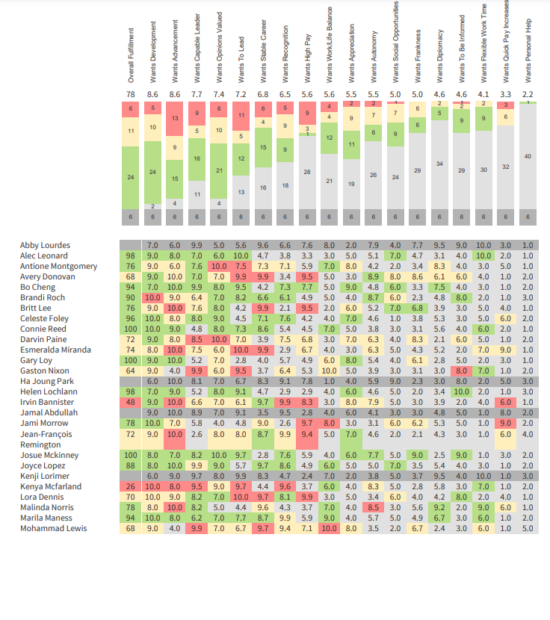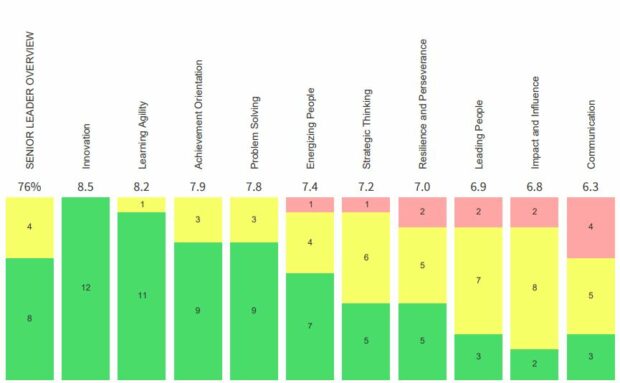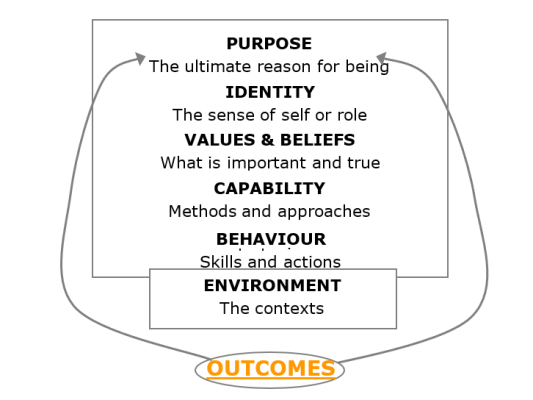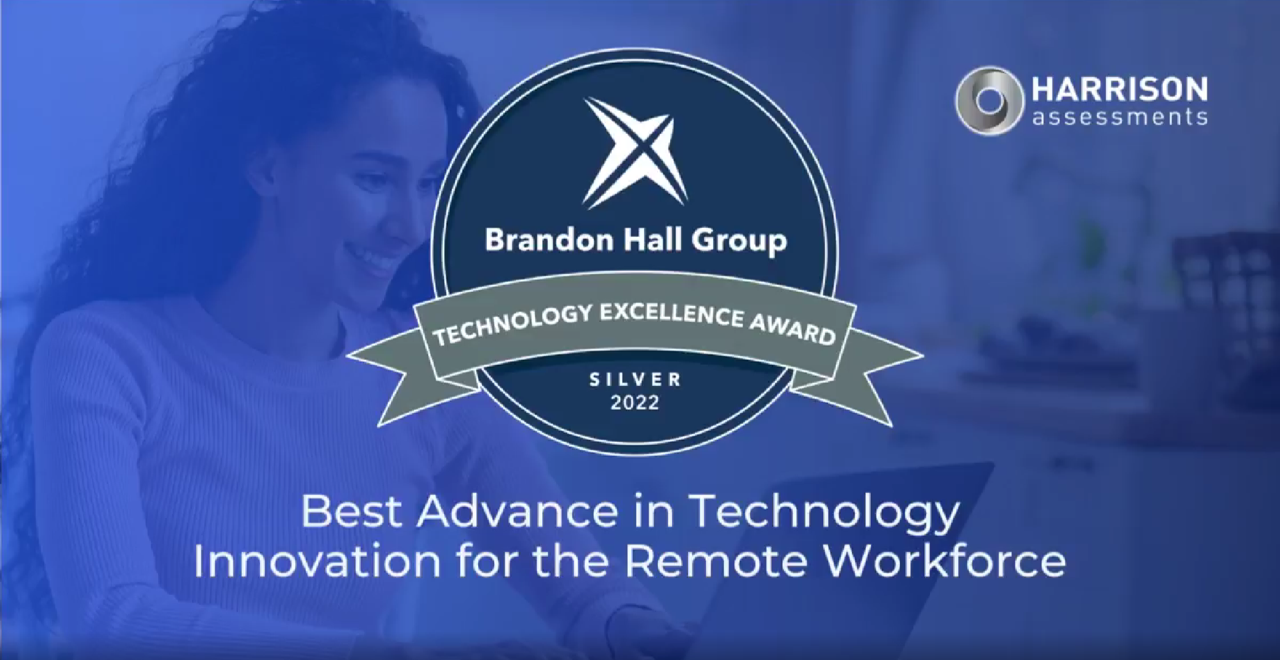Are Companies Utilizing Engagement Analytics for Success?
Comments Off on Are Companies Utilizing Engagement Analytics for Success?
In the fast-paced landscape of today’s workplaces, understanding and nurturing employee engagement is paramount for organisational success. At the heart of this endeavour lies Engagement Analytics, a powerful tool that delves into the intricate dynamics between employees and their work environment.
Measuring Expectations, Fostering Fulfilment
Engagement Analytics serves as a compass, guiding organisations through the labyrinth of employee expectations and fulfilment. It meticulously gauges one’s employment expectations and evaluates the extent to which they are met within the organisational framework.
Imagine having a panoramic view of your workforce’s sentiments, aspirations, and contentment levels. The Organisational View for Engagement encapsulates this essence effectively.

From frontline employees to C-suite executives, Engagement Analytics paves the way for tailored engagement strategies that resonate with each individual. By leveraging data-driven insights, organizations can craft initiatives that address specific pain points, foster a culture of inclusion, and nurture a sense of belonging among their workforce.

How many departmental heads and team leaders would like to have the type of employee engagement expectation data shown in the attached graph? Good staff are expensive to replace – finding ways to keep them is crucial for productivity, keeping costs down and generally enhancing cultures to create attractive working environments. Expectations are divided into 8 groups, and participants are invited to score their degree of satisfaction within each group. This gives the team leader the opportunity to have a progressive coaching discussion and has the added impact of showing employees that managers are looking after their interests. The result – open, collaborative cultures with real employee expectations being met as far as humanly possible.
Visualise your Group Data
 This is a snapshot of the high-level Organisational Analytics data available just across Employee Engagement Expectations. You can also get data for your people and your organisation on:
This is a snapshot of the high-level Organisational Analytics data available just across Employee Engagement Expectations. You can also get data for your people and your organisation on:
- Senior and emerging leadership competency
- Culture of your organisation
- Collaboration and Team competencies
- Team Dynamics
- Emotional Intelligence competencies
- Remote Working competencies
How helpful would this data be for informing your people development plans, culture and engagement programmes and succession plans?
You can find out more about Organisational Analytics here. leaders skills and competencies
If you would like to discuss how Organisational Analytics can help support your business objectives and people plans please contact Pat Hutchinson: pat@quadrant1.com or on 07768 922244




 The ability to combine warmth and empathy with enforcing the agreed rules would result in a flexibility of behaviour we call ‘compassionate enforcing’. In the example given, however, there is a strong tendency towards warmth and empathy and a low desire to enforce the rules. Relate this back to the model and you can see that these two axes represent the personal values of the person and the resulting behaviour is one of permissiveness. The unconscious (or sometimes even conscious) behaviour of others around could be to ‘take advantage’ with all the consequential outcomes that permissiveness brings. The large red hurricane in the ‘harsh’ quadrant is an indication of what happens when this person is put under pressure – maybe to achieve a deadline or target of some sort. Behaviour suddenly goes against the value set of warmth and empathy and becomes harsh, taking all by surprise because it is out of character. Depending on how this person manages their stress this may even be perceived as their normal behaviour if it happens often.
The ability to combine warmth and empathy with enforcing the agreed rules would result in a flexibility of behaviour we call ‘compassionate enforcing’. In the example given, however, there is a strong tendency towards warmth and empathy and a low desire to enforce the rules. Relate this back to the model and you can see that these two axes represent the personal values of the person and the resulting behaviour is one of permissiveness. The unconscious (or sometimes even conscious) behaviour of others around could be to ‘take advantage’ with all the consequential outcomes that permissiveness brings. The large red hurricane in the ‘harsh’ quadrant is an indication of what happens when this person is put under pressure – maybe to achieve a deadline or target of some sort. Behaviour suddenly goes against the value set of warmth and empathy and becomes harsh, taking all by surprise because it is out of character. Depending on how this person manages their stress this may even be perceived as their normal behaviour if it happens often.
 When was the last time someone betrayed your trust? I bet you remember it clearly. You will have experienced a series of emotions – first of all hurt then maybe anger, shock, frustration, annoyance at having trusted in the first place or maybe even pity that the person/organization was put in that position in the first place due to unforeseen circumstances. Whatever the emotional reaction there will have been some change in behaviour, however minute. As a result you may have decided –
When was the last time someone betrayed your trust? I bet you remember it clearly. You will have experienced a series of emotions – first of all hurt then maybe anger, shock, frustration, annoyance at having trusted in the first place or maybe even pity that the person/organization was put in that position in the first place due to unforeseen circumstances. Whatever the emotional reaction there will have been some change in behaviour, however minute. As a result you may have decided –
